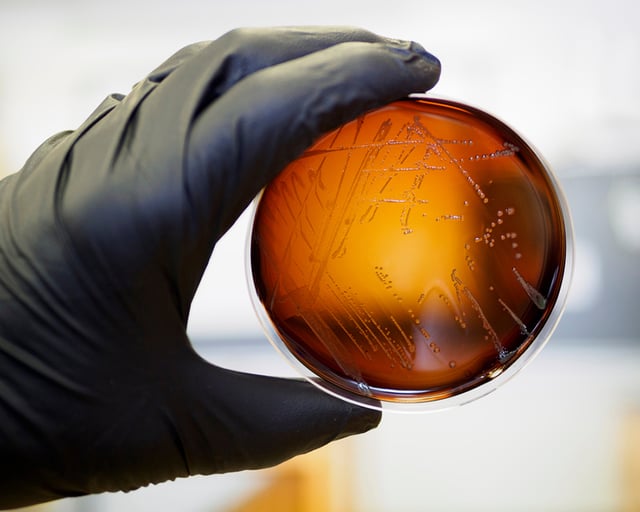FDA Moves to Bolster Food Safety Program
As part of the president’s 2020 budget, the Food and Drug Administration (FDA) has proposed new funding across various aspects of the food safety system, according to Commissioner Scott Gottlieb and Deputy Commissioner Deputy Commissioner Frank Yiannas.
“We must invest to prevent problems from happening by solidifying the agency’s tools under [the Food Safety Modernization Act (FSMA)],” noted Gottlieb and Yiannas in a statement. “We must also embrace new innovations to improve our ability to secure the food supply chain and engage in more effective tracking and tracing of food from farm to fork. This includes continuing to improve our capabilities for both detecting and responding to food contamination when preventive measures alone are insufficient. The funds we’re requesting for food safety represent the FDA’s commitment to the promises we’ve made to help keep people and animals safe from contaminated food, and our vision of a future in which both human and animal health is protected and strengthened by new and emerging technologies that will create a more digital, traceable, diverse and safer food system.”
The agency is also proposing new resources to fund human and animal preventive controls and produce safety inspections through the State Cooperative Agreement Program.
In addition to FSMA, Gottlieb and Yiannas observed: “We also need to invest in and further modernize our ability to detect and respond to problems in the food supply. We know that additional resources are required to ensure that contaminated food is detected and removed from the marketplace as quickly as possible, using the most modern technologies. For example, Whole Genome Sequencing (WGS) has been a game-changer for the way we find and address microbial contamination in foods. This technology has made it easier determine the source of contaminated food associated with human illness, and to better identify foodborne outbreaks that previously would have gone undetected.”
To that end, the agency is requesting funds to add new staff and resources to improve signal detection, response to outbreaks and post-response evaluations, as well as further resources to support the use of WGS and expand the FDA’s ability to respond when it finds food contamination.
“These additional resources also will increase the FDA’s ability to leverage other new technologies that make it easier to track and trace products throughout the product lifecycle, from the time that they’re grown or manufactured, until a consumer uses them,” said Gottlieb and Yiannas, citing as an example blockchain technology, which they noted “can greatly assist in warning consumers about risks with specific foods and in implementing more targeted and efficient recalls.”
Planned resources in the 2020 budget request will also advance the agency’s import program goal of ensuring that domestic and imported foods receive parity of oversight by providing funds to boost compliance with Foreign Supplier Verification Programs (FSVP) as well as assessing the FDA’s Import Alert program.
The agency is additionally requesting more resources to improve the timelines of premarket safety reviews of new foods and new ingredients such as food and color additives, to “eliminate unnecessary burdens to industry,” as Gottlieb and Yiannas explained.
Gottlieb, a medical doctor, is leaving his position next month and will be succeeded on an interim basis by Dr. Norman E. “Ned” Sharpless, currently the director of the National Cancer Institute.





